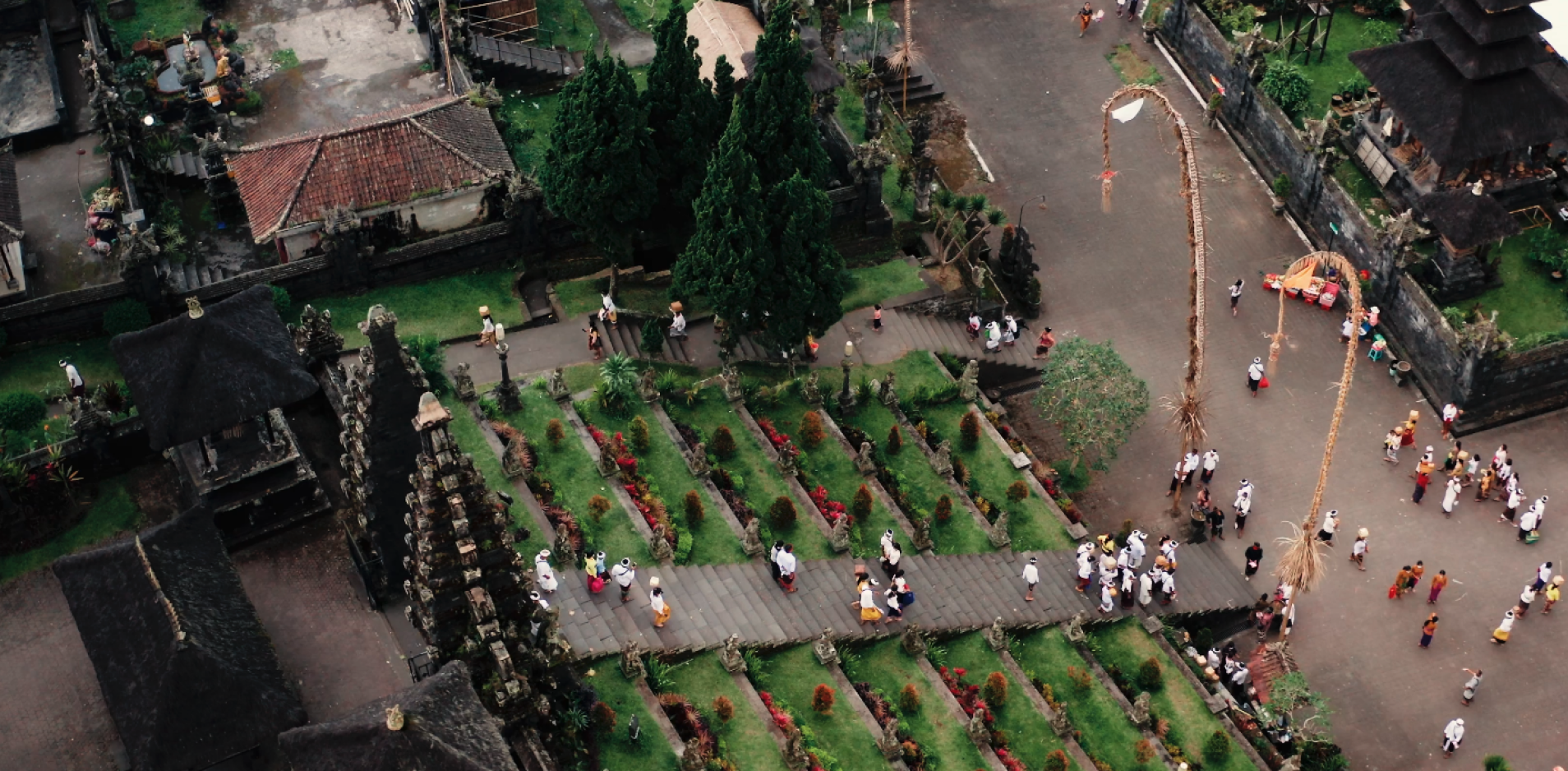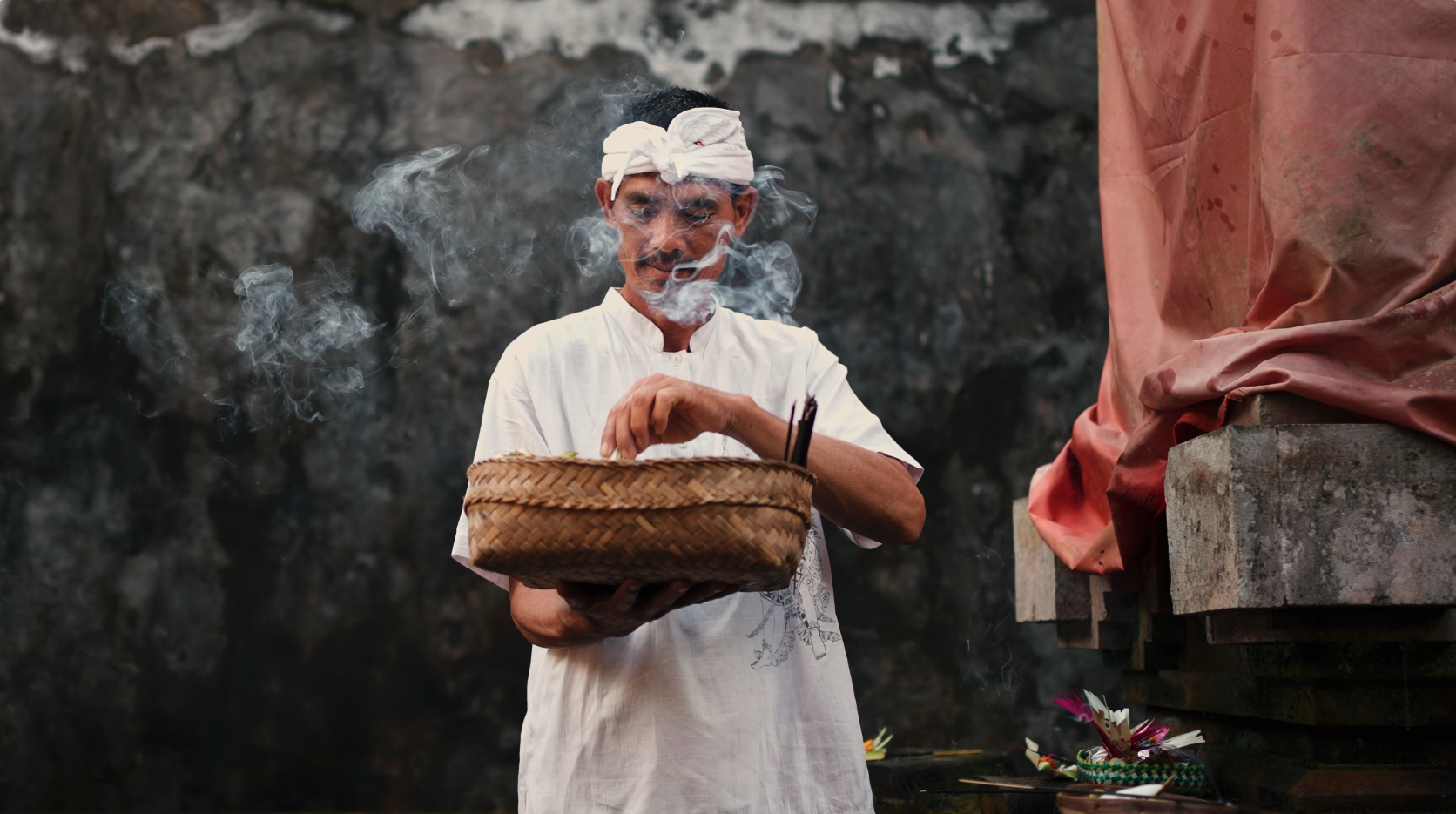7 Unusual Cultural Facts About Bali, Indonesia

Often referred to as the 'Island of the Gods', Bali is teeming with with mysticism, tradition and culture. Beyond the well-known facts surrounding its ancient traditions, ceremonies and landscapes, we've rounded up 7 unusual cultural must-knows about Bali, Indonesia.
Bali's calendar is different from the rest of Indonesia
Instead of a seven-day week, the locals follow a 10-day week known as the ‘Pasaran’ cycle, which has a unique meaning and significance in Hindu mythology. The calendar has different cycles that rotate, including a 210-day cycle known as the ‘Wuku’ that is considered an auspicious time for new beginnings.
Balinese believe that the soul of the dead should return to the spirit world quickly
Bali's Hindu belief in reincarnation plays a crucial role in the way locals honor their deceased loved ones. The ‘Ngaben’ cremation ritual is an essential ceremony in Bali, which includes the family of the deceased creating a bamboo effigy called a ‘Bade’. This represents the soul of the deceased. The ceremonies can last for several days, and the final cremation ceremony involves burning the ‘Bade’ effigy along with the actual ashes of the deceased person, sending both back to the spiritual world.

Balinese people believe in a number of frightening spirits
The Balinese believe that spirits roam the island's dark corners. A witch, known as the ‘leak’, is said to fly trough the night sky looking for blood. The Balinese have unique ways to protect themselves from these evil spirits, such as using the color white to ward them off and avoiding whistling in the dark.

Kite exhibitions are held throughout the year in Bali
Balinese people believe that as they fly kites, they connect with their ancestors, the spirits, and the gods. They also believe that flying kits has the power to soothe the environment and create harmonious relationships. The most famous kit event is the Bali Kite Festival in July.
The Balinese believe that the left side is impure
People in Bali strictly avoid using their left hand to interact with others, eat, or perform activities. In some instances, left-handed people may be viewed as outsiders and not allowed to participate in certain activities. Similarly, when entering a temple, it is considered disrespectful to step in with your left foot. The belief is that the left side is associated with evil spirits, so it is avoided at all costs.